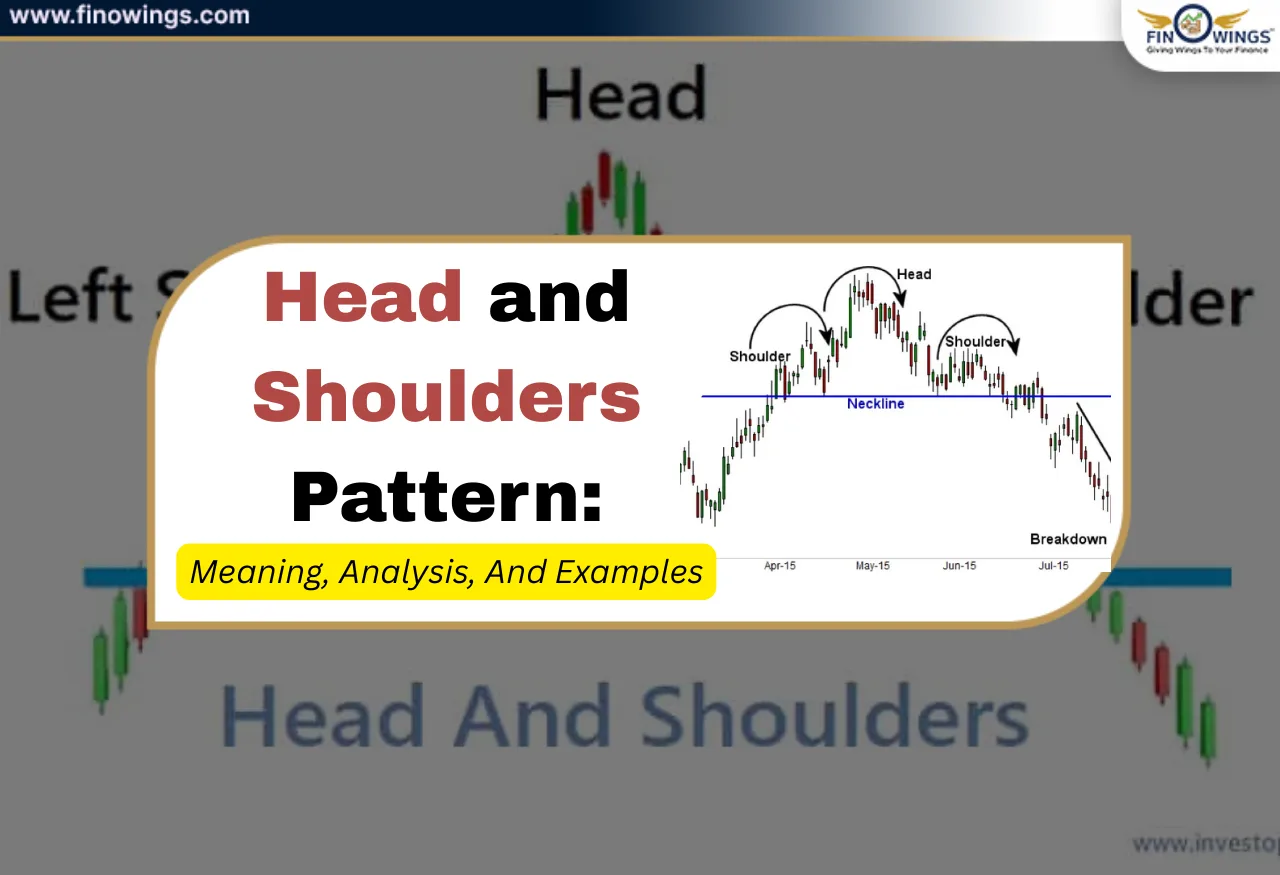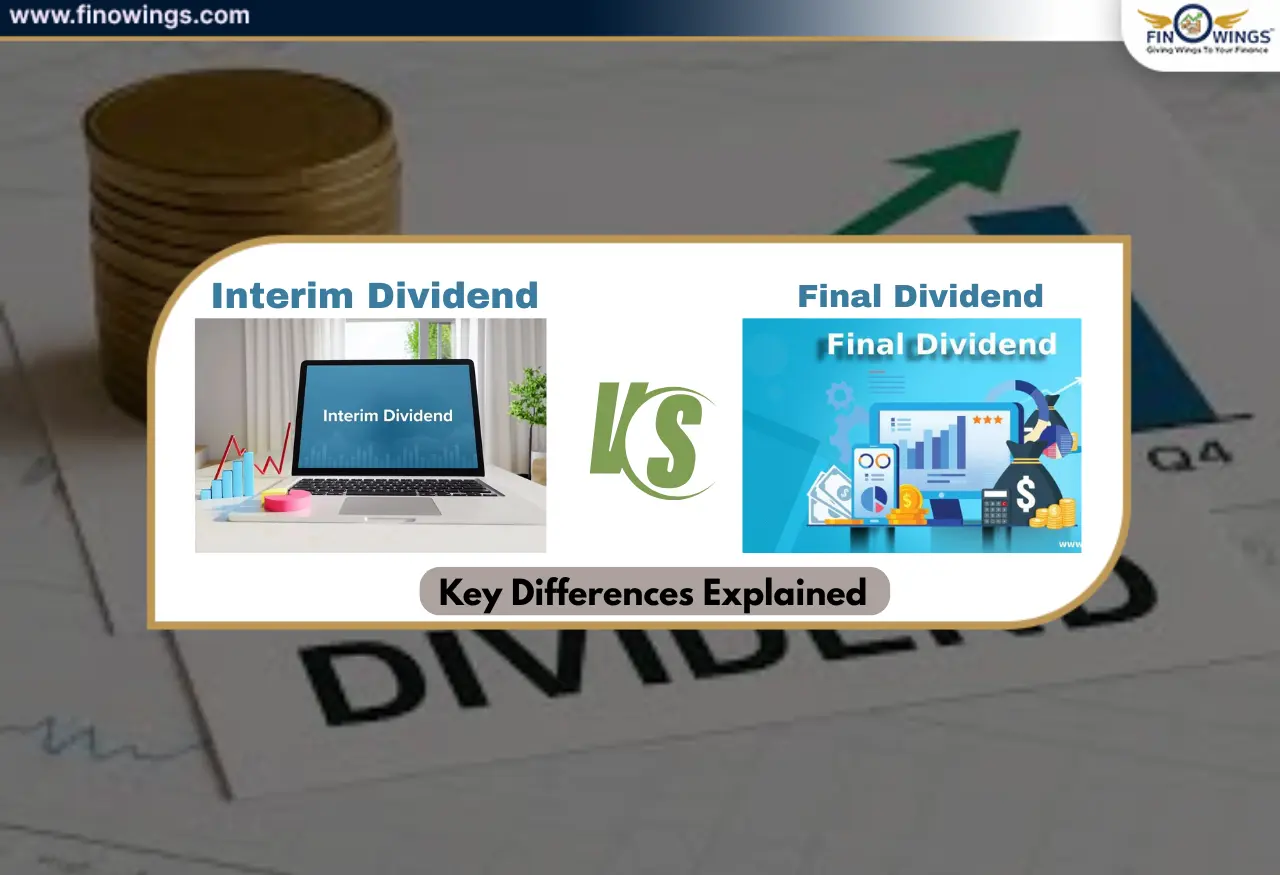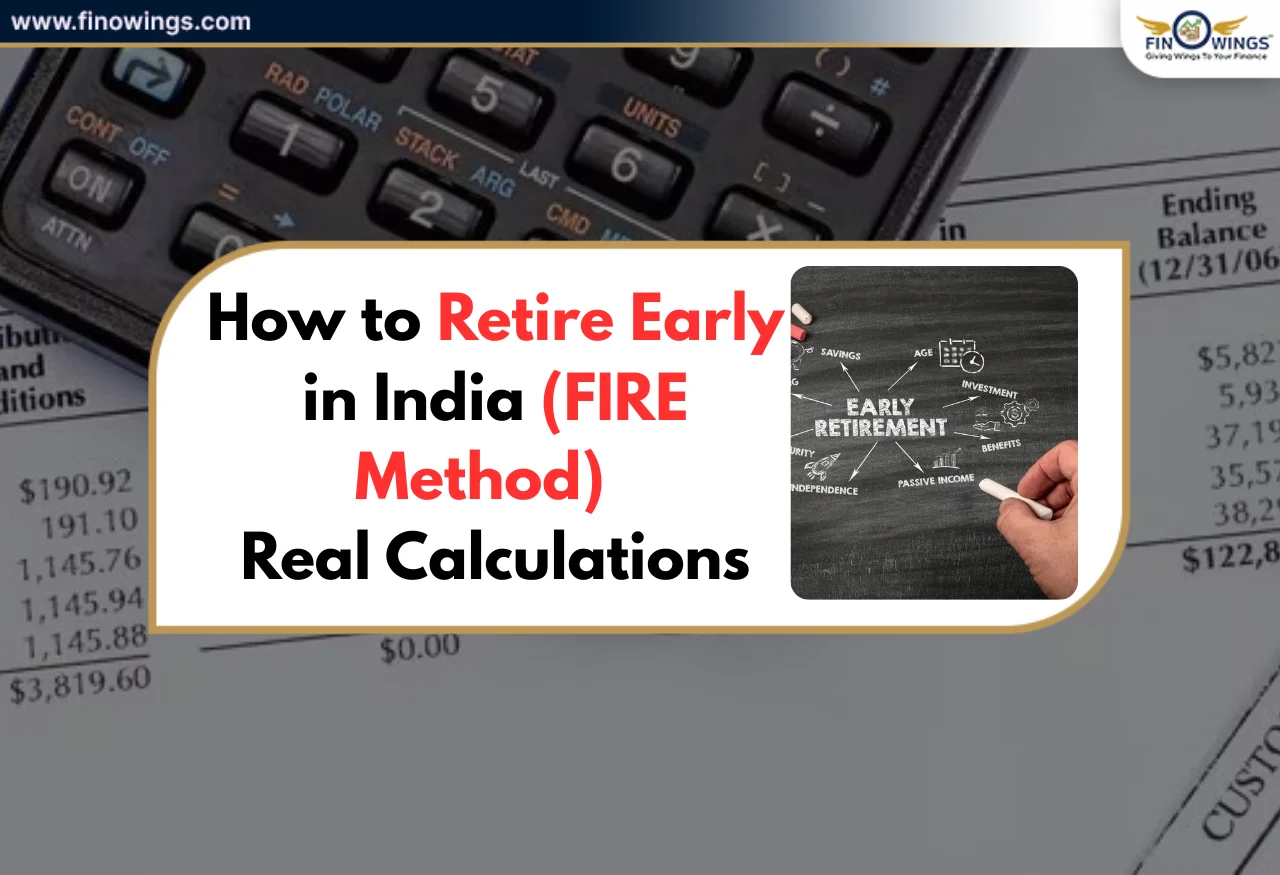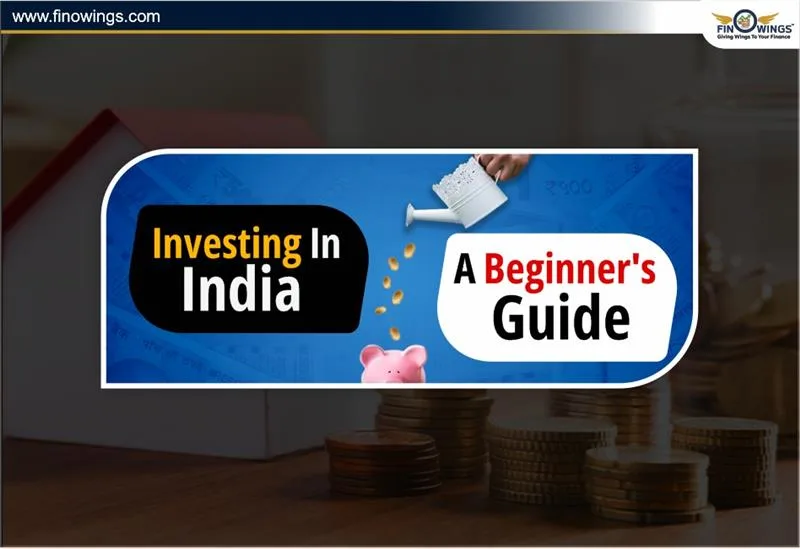Home >> Blog >> How To Analyze Risk-Free Investments With High Returns?
How To Analyze Risk-Free Investments With High Returns?

Table of Contents
For financial security, personal finances play an important role. It's crucial to take care of money and budget throughout our lives. If we don't have a plan, we would be living in a state of debt and clueless about how to pay off credit and debt. Having the proper financial planning can help us in managing our finances efficiently. This also helps ensure a positive financial future. In this article, we will discuss things you should know about Personal Financial Planning.
What is Personal Finance?
Personal Finance is the act of managing and planning personal financial matters, such as Income generation, spending, saving, investing and security. Managing financial affairs can be summarized in a Budget or a financial. Personal finance is the management of financial resources or an individual's family's resources. It is the process of managing funds through
- Investment,
- Expenditure as well as
- Savings consider different life-related risks and situations
It also refers to the numerous financial institutions that offer financial assistance for a person throughout their lifetime. Personal finance is primarily focused on achieving a person's short and long-term financial objectives.
Scope of Personal Finance
Possessing appropriate personal finance skills plays a crucial role in managing the finances well and helps in ensuring a bright financial future. Here are a few of the reasons why Personal Finance is necessary-
Importance of Personal Finance
Managing your own money can be a challenge, particularly if you don't know the way things function. If you're trying to figure out how to become more confident while doing Personal Financial planning, you've come to the right spot.
Personal finance skills are crucial as, without these skills, people could live their entire lives working for money and never advancing. This is why personal financial management is vital. Learning about money and managing personal finances will lead to success!
If we talk about the importance of Personal Finance, Personal Finance is essential as it reflects how well a person can live life. As per the American Psychological Association report, 64% of adults stated that money is a significant source of stress. But if we talk practically, you are always on the Drivers side when it comes to your Finances. There is a lot of advice that can help you decide on the best personal financing Plans.
Here are a few of the instances of why Personal Finance is important-
Aspects of Personal finance
Below mentioned are the aspects of Personal Finance-
Savings
Saving is the term used to describe excess cash kept to invest or spend. If there is an excess between what an individual earns and what they support, the surplus can be put towards the savings account or investment. Therefore, savings management is an essential aspect of personal finance.
The most common forms of savings are:
- Cash in physical form
- Savings account at a bank
- Checking account with a bank
- Securities in Money Market
Most people have at least some savings to control their cash flow and the short-term gap between their earnings and expenses. However, a large amount of savings could be seen as a negative issue since it generates only a small amount of return compared to investment funds.
Investing
The term investing refers to the acquisition of assets that are expected to yield some amount of income in the hopes that the investor will get back more than they initially put in. But, of course, it is a risk to invest, and not all investments will yield a positive income. This is the reason we can see the connection between return and risk.
Common types of investing are:
- Stocks
- Bonds
- Mutual Fund
- Private Firms
- Real estate
- Commodities
- Art
Investments are the most complex financial area for a person and are among the places where people seek the best advice from professionals. This is because there are a variety of variations in the risk and rewards among different investment options, and a majority of people seek advice in this part that is part of their plan for financial success.
Income
Income refers to the source of cash that an individual earns and uses to help them and their families. It is the foundation of our financial plan process.
Common sources of income include:
- Salaries
- Bonuses
- Hourly wage Pensions
- Dividends
The income sources listed above all provide cash that one can spend, save, or invest. In this way, income is considered the initial stage of personal finance strategy.
Spending
Spending covers all kinds of expenses that an individual has to pay for purchasing items and services or any other consumable item (i.e., it is not investing). Most spending is classified into cash (paid by cash on the spot) or credit (paid for with borrowed money). As a result, most people's earnings go to spend.
The most common sources of spending are:
- Rent
- Payment of Mortgage
- Taxes Food
- Entertainment Travel
- Credit Card Transaction
The spending mentioned above decreases the amount of money one can put into making investments and savings. If expenses exceed income, the person is in an insufficient balance. Controlling costs is as crucial as earning income, and generally, people have more control over extra spending. Proper spending habits are essential to successful personal financial management.
Protection
Personal protection is an array of items which can be utilised to protect against an unanticipated and threatening situation that could be unforeseen and unavoidable.
Common protection products are:
- Life insurance
- Health insurance
- Future Planning
This is a different aspect of personal finance in which people usually seek advice from a professional and can be very complex. Many levels of research must be completed to determine an individual's insurance needs and estate planning requirements.
Conclusion
In a nutshell, we can say that personal finance plays a vital role in managing your day-to-day financial needs and helps in building your financial future. It helps take charge of the driver's seat and gives you the freedom to reach your personal financial goals.













.webp)




